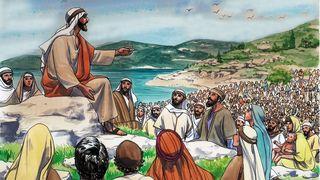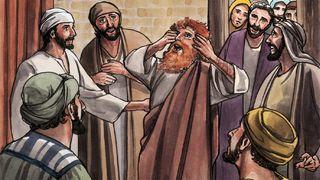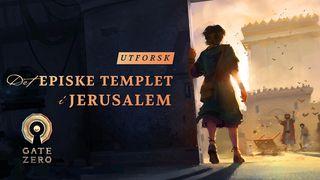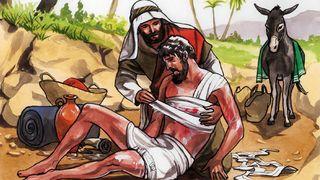Leseplan-informasjon
Jesus’ Terrible Financial AdvicePrøve
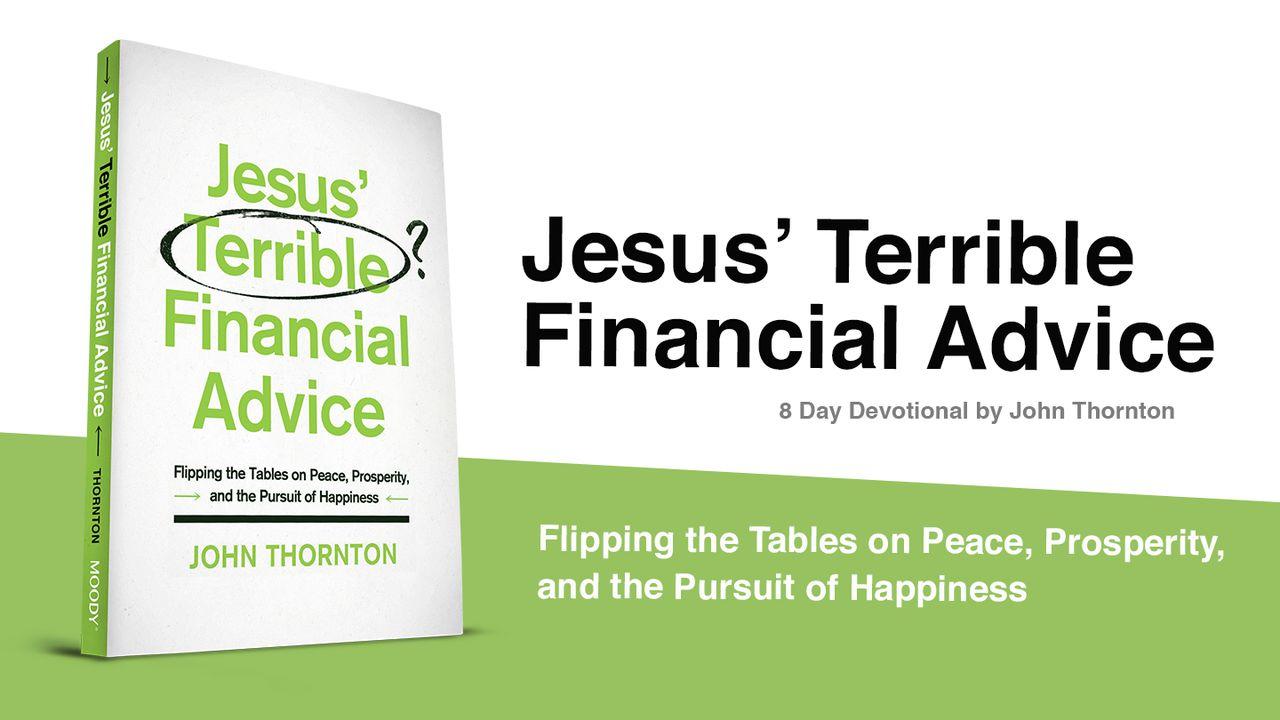
"The Wisdom-Wealth Connection"
So many factors impact whether a person is rich or poor. Birth, fortune and misfortune, justice and injustice, blessings and curses, good choices and bad. So it may seem surprisingly harsh to you when Jesus, in the parable of the talents, calls out the man who buried the money he was entrusted with as a “wicked, lazy servant.” And his follow-up judgment is even more extreme. “For whoever has will be given more, and they will have an abundance. Whoever does not have, even what they have will be taken from them” (Matt. 25:29). But, in fact, in this parable, Jesus calls attention to the biggest themes connecting wisdom to wealth in the book of Proverbs. And that He holds each servant accountable for the treasures to which they have been entrusted.
Far and away the most frequent wisdom-wealth theme in all of Proverbs is simply to do something. Diligence over sloth. The number one way to gain wealth is to simply get up and get going. “Diligent hands bring wealth” (10:4), and “All hard work brings a profit, but mere talk leads only to poverty” (14:23). Nothing drives this concept home like Solomon’s word pictures: “As a door turns on its hinges, so a sluggard turns on his bed” (26:14). And, “The sluggard buries his hand in the dish; he is too lazy to bring it back to his mouth” (26:15). Do something.
Second, do it right. Righteousness over wickedness. The Proverbs tell us that “prosperity is the reward of the righteous” (13:21), but “the man of perverse heart does not prosper” (17:20). Dishonest money is illusory. It dwindles away (13:11), has no value (10:2), brings the wicked punishment (10:16), and is worthless in the day of wrath (11:4).
So, do something and do it right. Act honestly, diligently, without oppression, exploitation, hoarding, fraud, or greed. When we understand what the Bible really says about wealth, the justice of Jesus’ judgment of the “wicked, lazy servant” makes complete sense. We gain a heart of wisdom. And it is wisdom, not wealth, that really matters. Solomon, the author of much of the Wisdom Literature, instructs us to choose wisdom over wealth. “Get wisdom: though it costs all you have” (4:7). Wisdom has this advantage over wealth—it protects the life of its possessor (Ecclesiastes 7:12).
Ultimately, we should choose wisdom over wealth, because wealth is the lesser blessing.
Om denne planen
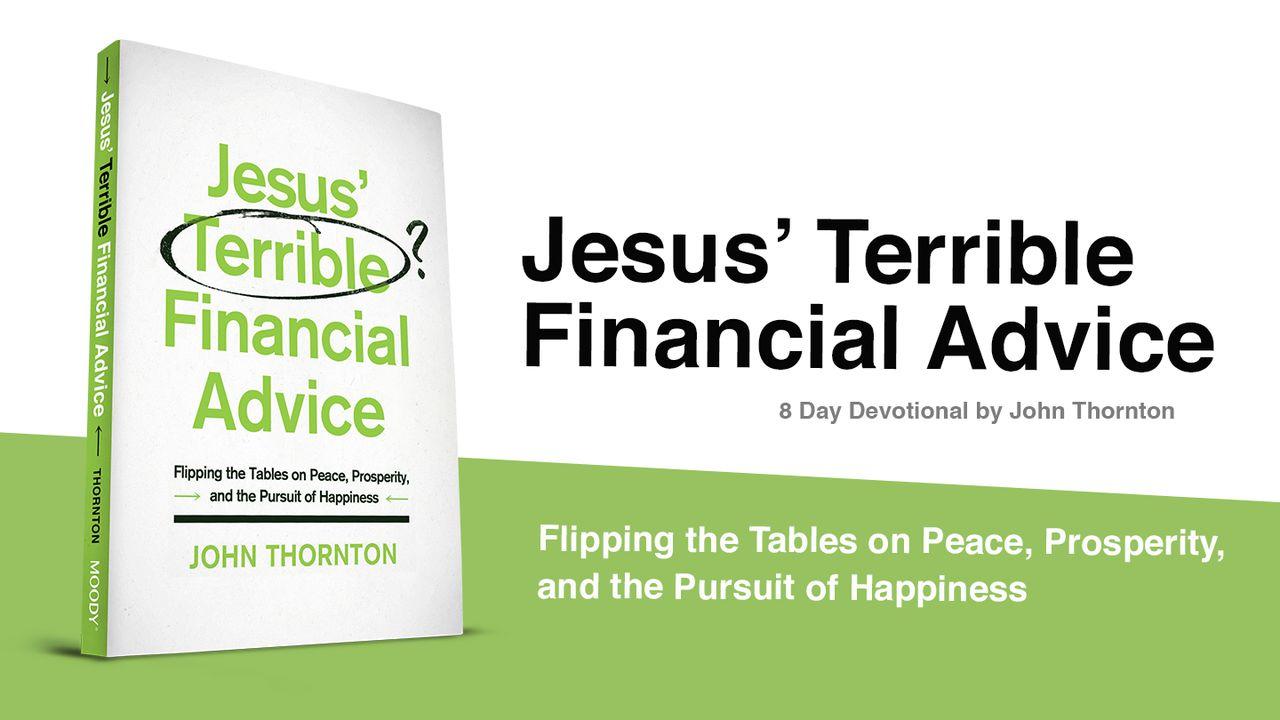
Jesus’ financial advice goes far beyond getting and giving, to every facet of living. And as God continues to increase your faith, see more and more how he really will do immeasurably more than you could have asked or i...
More
